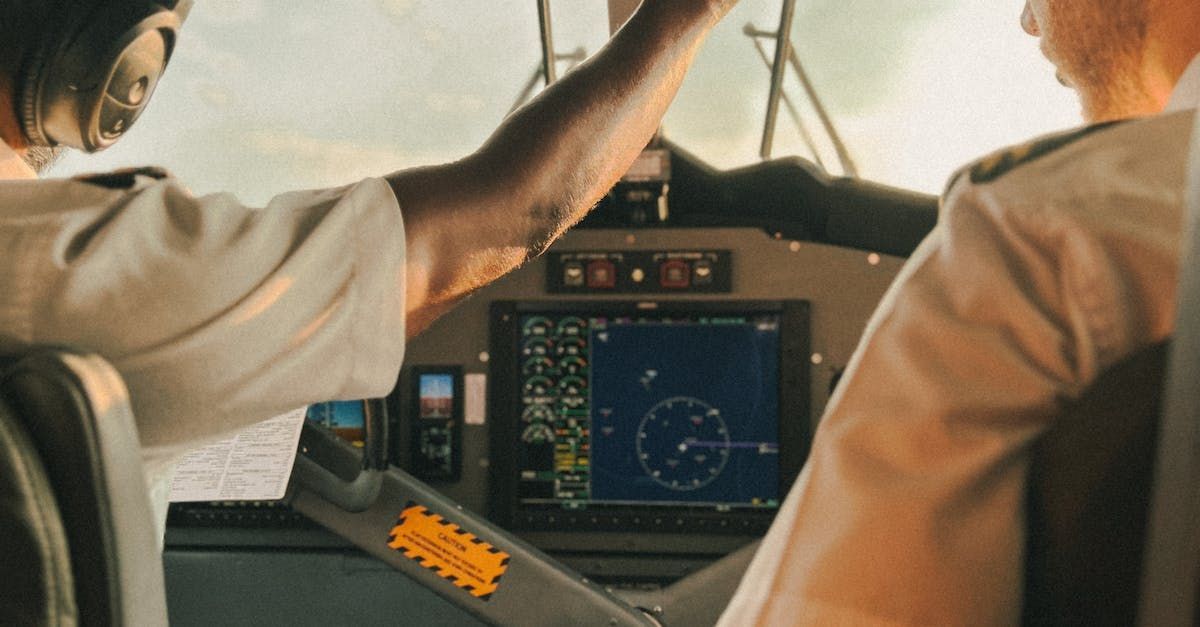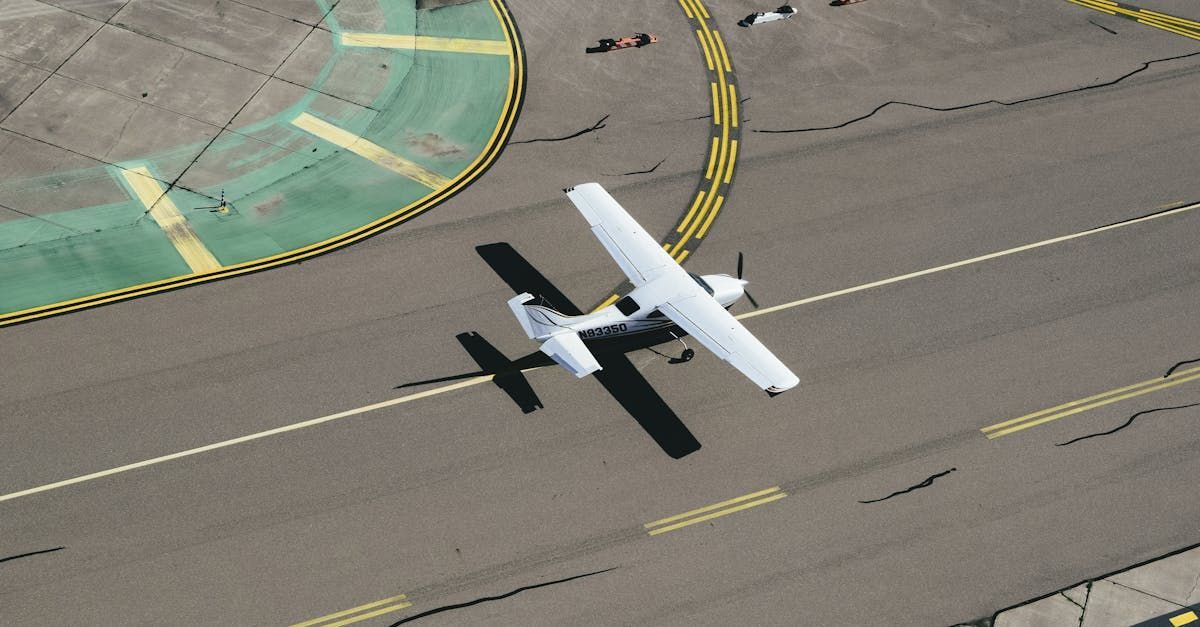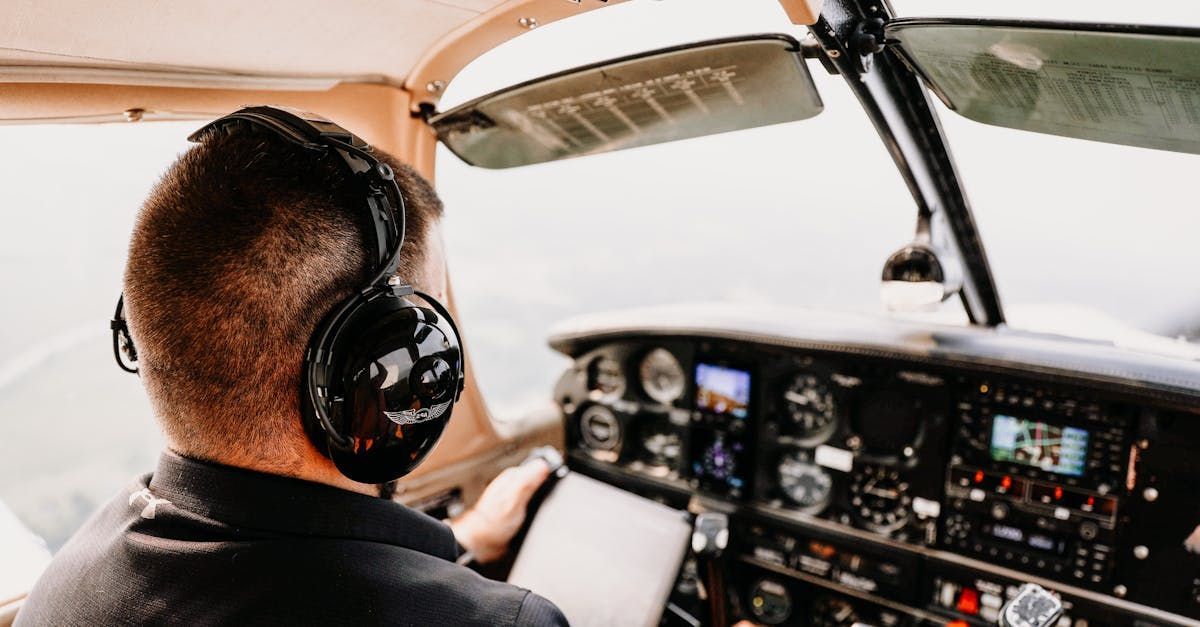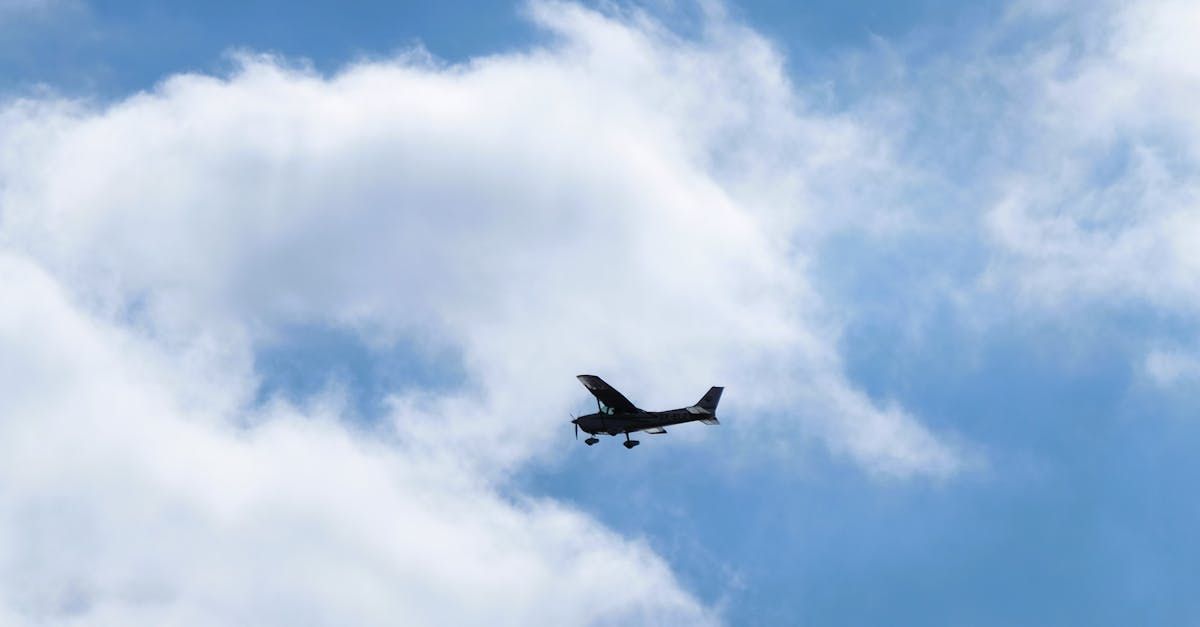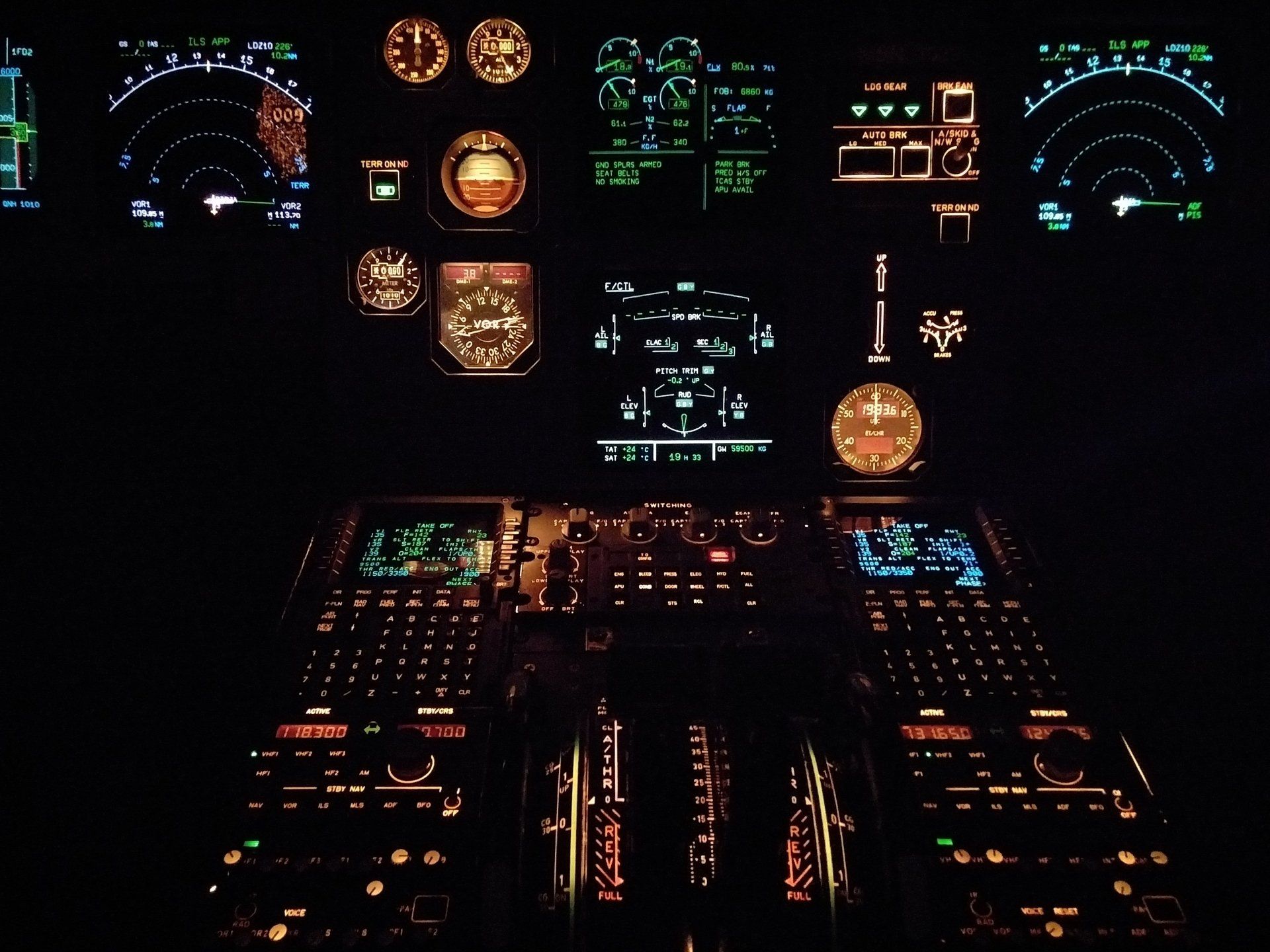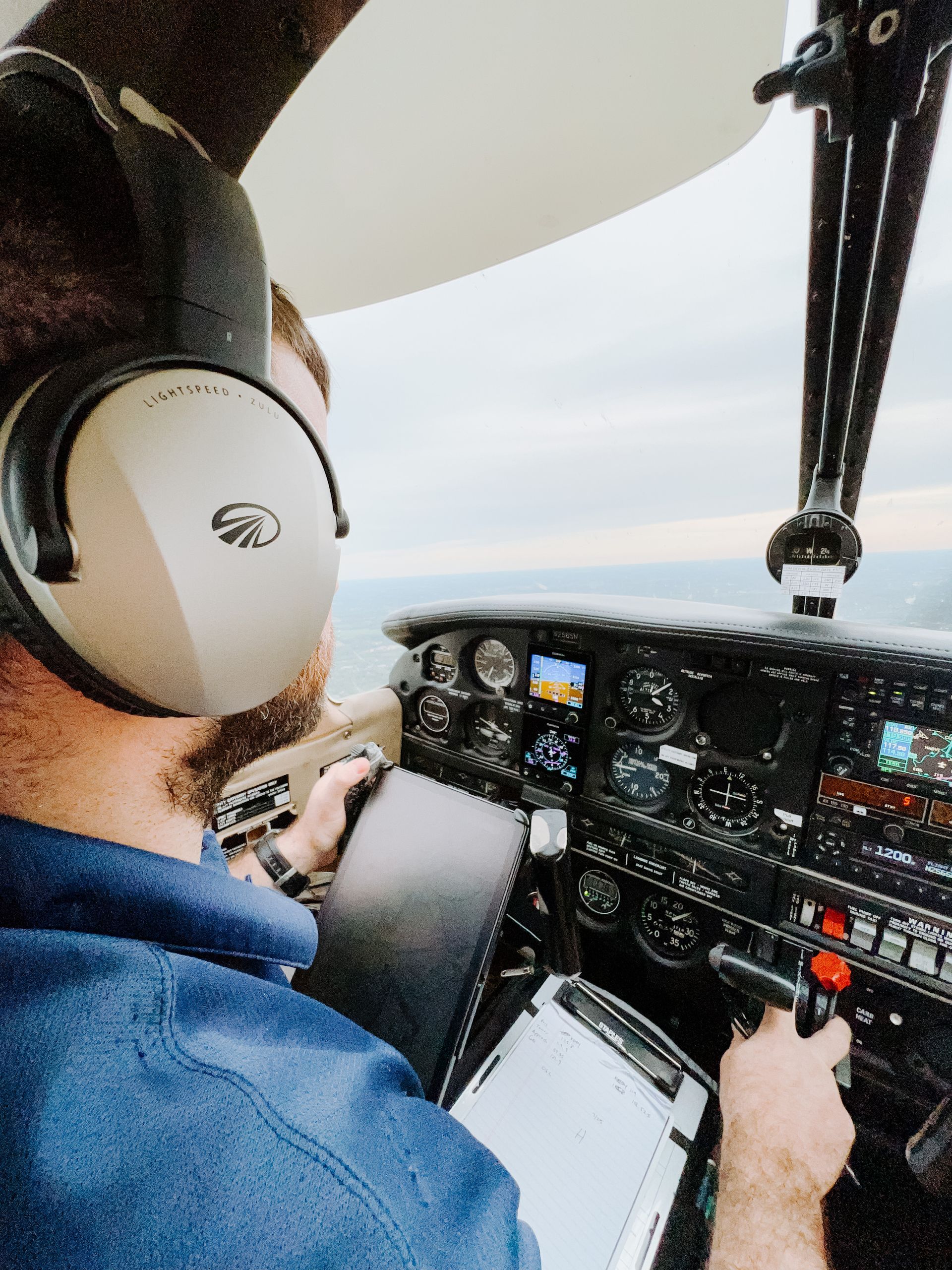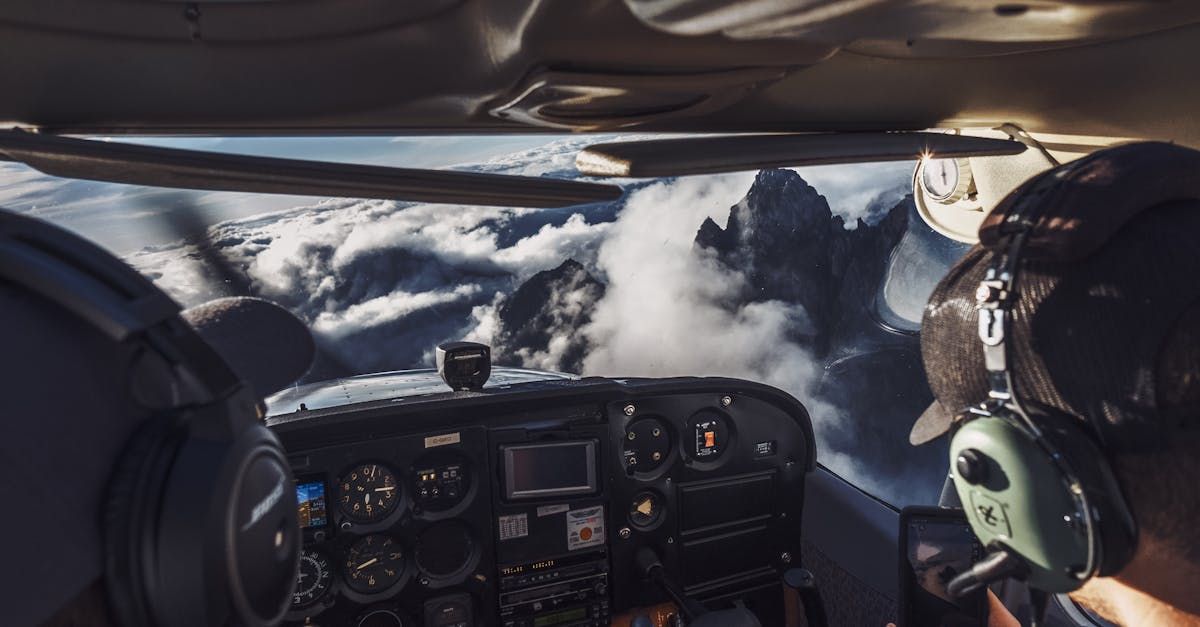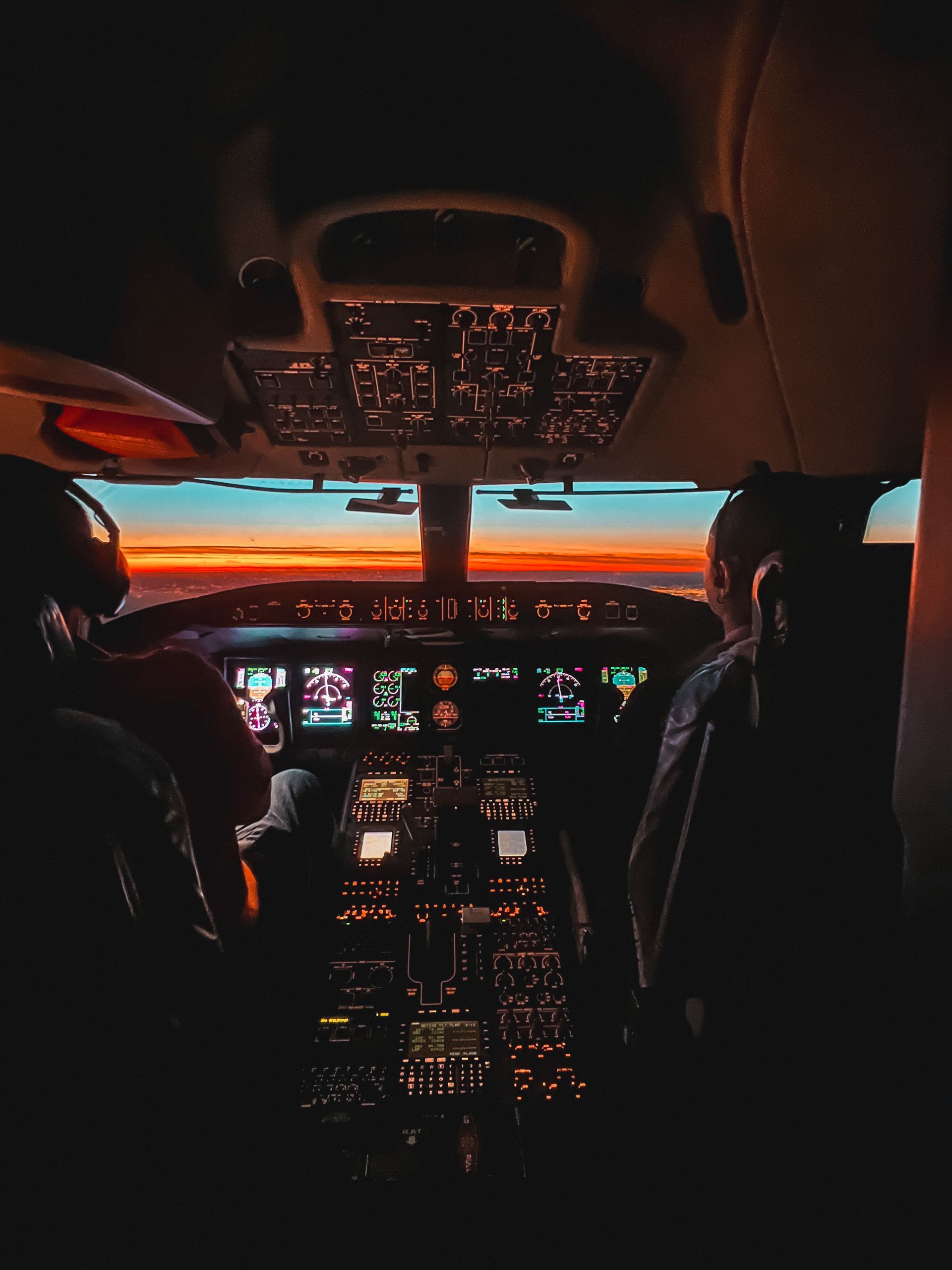The Advantages of Becoming a Multi-Engine Pilot
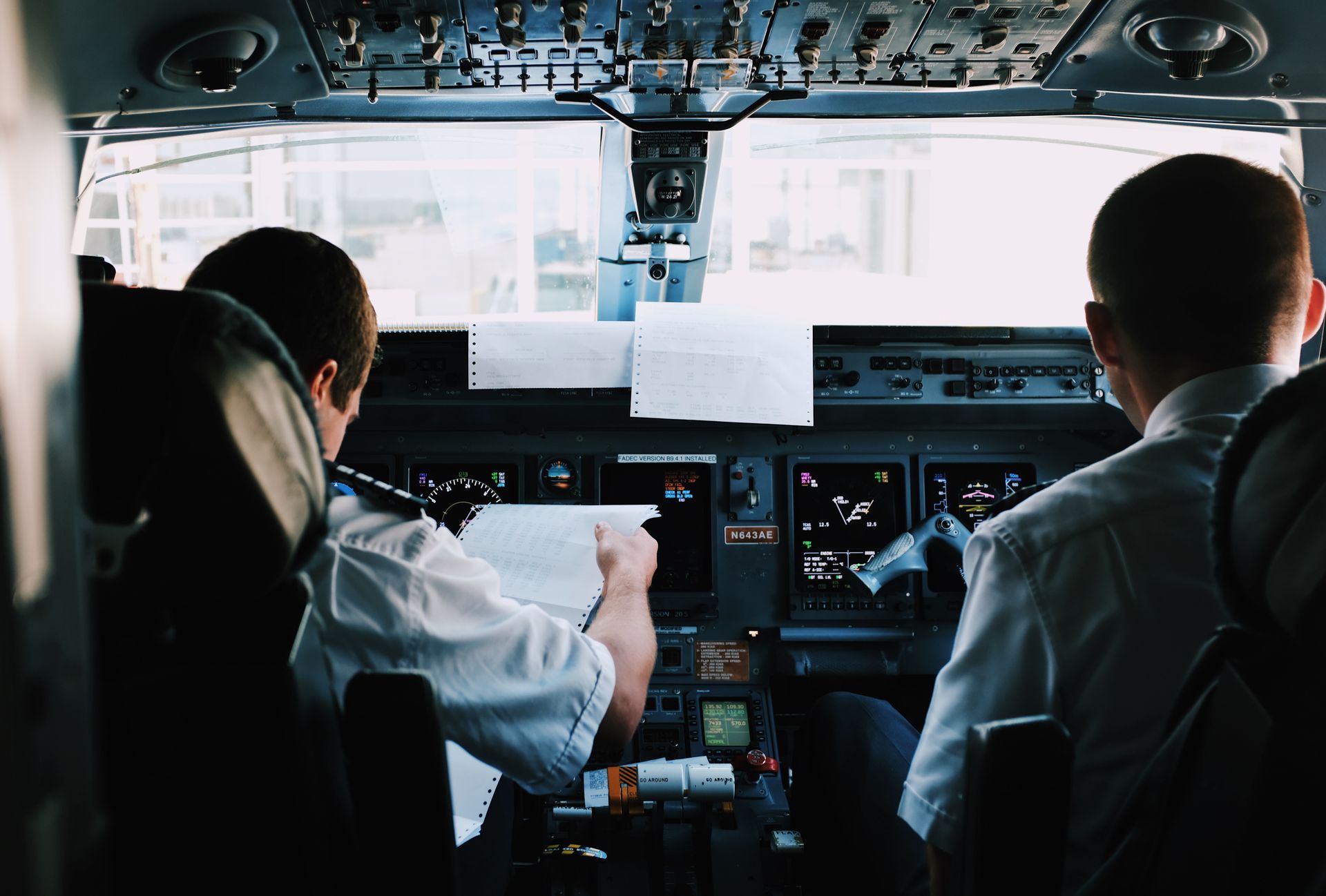
Multi-engine planes have more power, are bigger, and can carry more weight, including both passengers and cargo. A multi-engine rating can be helpful if you want to move from solo day trips in a single-engine plane to larger dual-engine planes with more payload capacity or from being a private pilot for fun to a commercial pilot for money.
You should go faster, higher, and further.
More speed means more power. Multiengine planes fly much faster than single-engine planes, saving time for private pilots who take themselves or their clients to business meetings or take their families and friends on vacation. The cost of gas might be a little higher, but the trip will be faster with fewer (or no) stops along the way. If the trip is across the country, you may be able to save on fuel costs because multi-engine aircraft can cruise at higher altitudes, which uses less fuel.
Many benefits include the following for multi-engine pilots:
- Improved Safety: Compared to single-engine aircraft, multi-engine aircraft offer an additional layer of safety since they have redundancy built-in with several engines. The pilot can still fly and land the plane safely even if one engine fails.
- Increased Range and Payload Capacity: Multi-engine aircraft can frequently carry more passengers, cargo, or fuel than single-engine aircraft, enabling pilots to travel farther distances while carrying more weight.
- Career Advancement: As they frequently fly larger aircraft that need more than one engine, commercial aviation positions frequently demand pilots to be multi-engine certified.
- Advanced Flying Skills: Multi-engine aircraft flying necessitates more training and experience, which aids pilots in acquiring advanced flying abilities such engine management, systems monitoring, and emergency procedures.
- More Flexible Flying: Multi-engine aircraft may be flown in a range of situations and circumstances, such as cross-country flights, mountainous terrain, and inclement weather. Because of this, flying is more interesting and difficult for pilots.
- Improved Marketability: Having a multi-engine rating increases a pilot's marketability in the aviation sector since it shows that they have the skills to operate a variety of aircraft and manage more challenging circumstances.
Overall, learning to fly with several engines has many benefits, such as improved safety, expanded range and cargo capability, chances for job progression, improved flight abilities, more diversified flying experience, and better marketability in the aviation sector.
